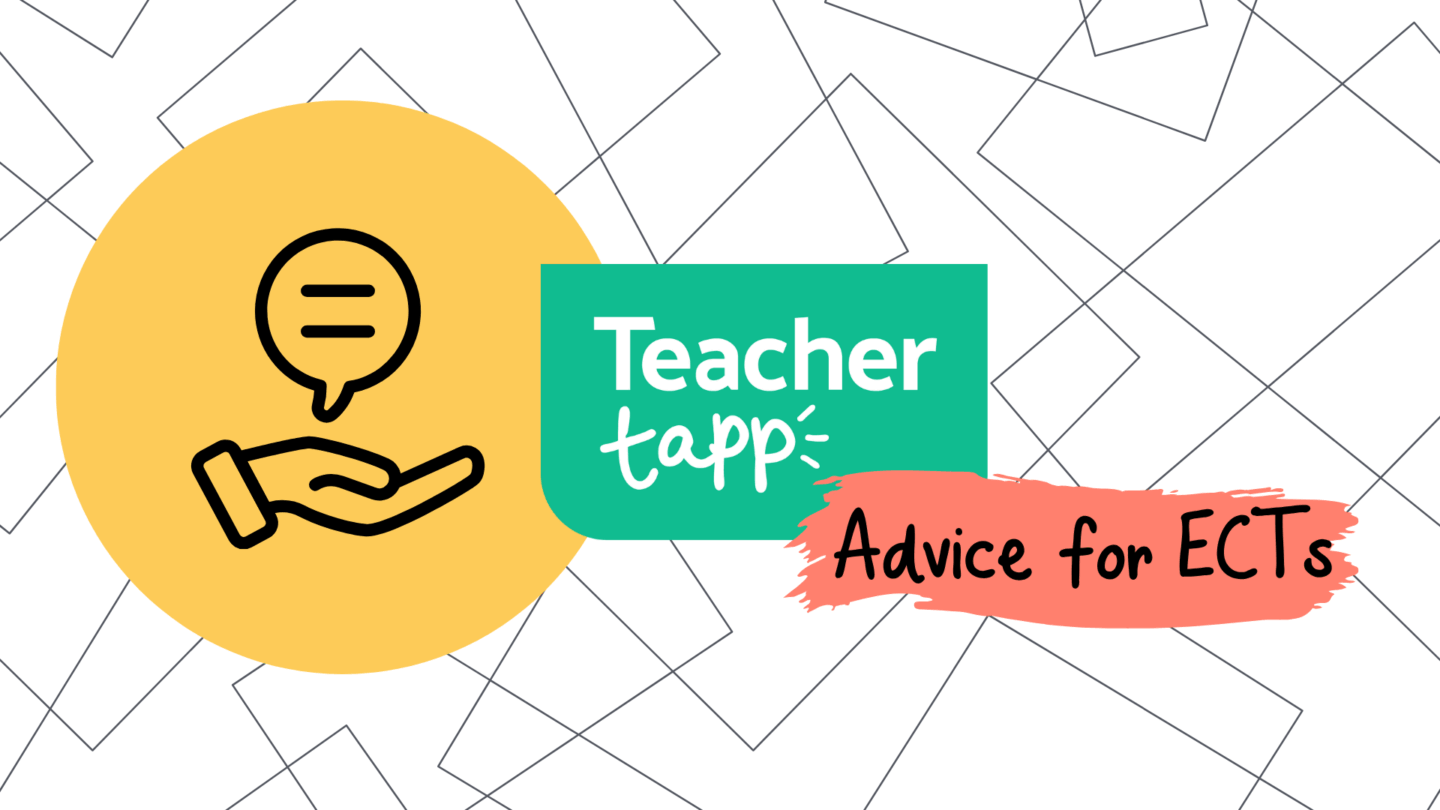One of the reasons we ask you where you teach is so that we can see how teaching and schooling varies across the country. The questions we asked about music education at the start of the year have been published today and reveal stark inequalities in the music education that students get across different types of schools.
Whilst almost all of you agree that music education is important, there is now considerable divergence in whether you feel music is valued at your own school. In the independent sector, 92 per cent of teachers agree that music teaching is of some or high importance in their school. In state-funded schools serving the most affluent communities in England this figure is 72 per cent. By contrast, only 45 per cent of teachers who work in state schools serving the most disadvantaged communities agree that music is treated as important in their school.

Independent schools and state-funded schools serving more affluent students have a wide range of musical activities available to students in lunchtime or after-school. By contrast, almost one-third of schools that serve our most disadvantaged communities have NO musical clubs available to students.

Almost all independent schools and state-funded schools serving affluent communities give students the chance to take part in a school musical or play with songs. Only two-thirds of schools serving disadvantaged communities give students similar opportunities. Furthermore, one-in-four schools serving disadvantaged communities offer no music instrument lessons to students who want them (almost all independent schools and those serving affluent communities do).
Your responses clearly show that music education is deteriorating in the state sector
Whilst music education seems to be as strong as ever in the independent sector, those teaching in the state-funded sector are frequently reporting that provision has decreased in the past 5 years.

How can we stem the decline in music in schools?
The music education community is actively debating how to reverse the decline of music in schools, with ABRSM assisting DfE in creating a new non-statutory model music curriculum. Is lack of curriculum guidance and support really the problem? It might be in primary schools where our survey suggests only 4-in-10 primary music lessons are delivered by a music specialist. When we asked you to select one subject you’d ideally like to stop teaching, a quarter of you picked music (it was the second-most popular selection, behind PE). Curriculum guidance will only be helpful if it is designed with non-specialist teachers in mind.
What curriculum guidance cannot do is counterbalance the toxic combination of falling budgets and high stakes accountability. So much that makes up a rich musical experience for students is ‘non-core’, spilling into extra-curricular provision. When budgets are cut, these things are often the first to go. And in a system of high stakes accountability, who is going to tell schools they must reduce time teaching maths and English to make space for music again? One-third of state-funded secondary schools now have no compulsory music lessons in year 9 (in more disadvantaged communities this figure is around 50%). One-in-five primary teachers say that their class has NO regular music lesson at all.
Interested in learning more about the music education survey results? Head over to the BPI Music** website for a few more charts, or get in touch with us if there is anything specific you’d like to know more about.
** BPI Music is an organisation that represents the UK’s recorded music industry, runs the BRIT Awards and Mercury Prize, and through the BRIT Trust supports music education, including The BRIT School in Croydon.





